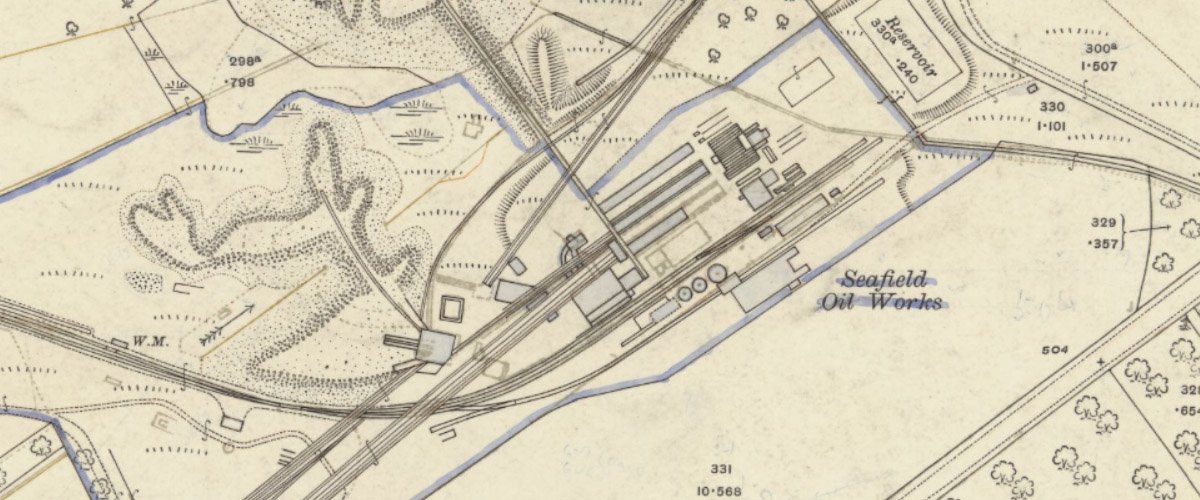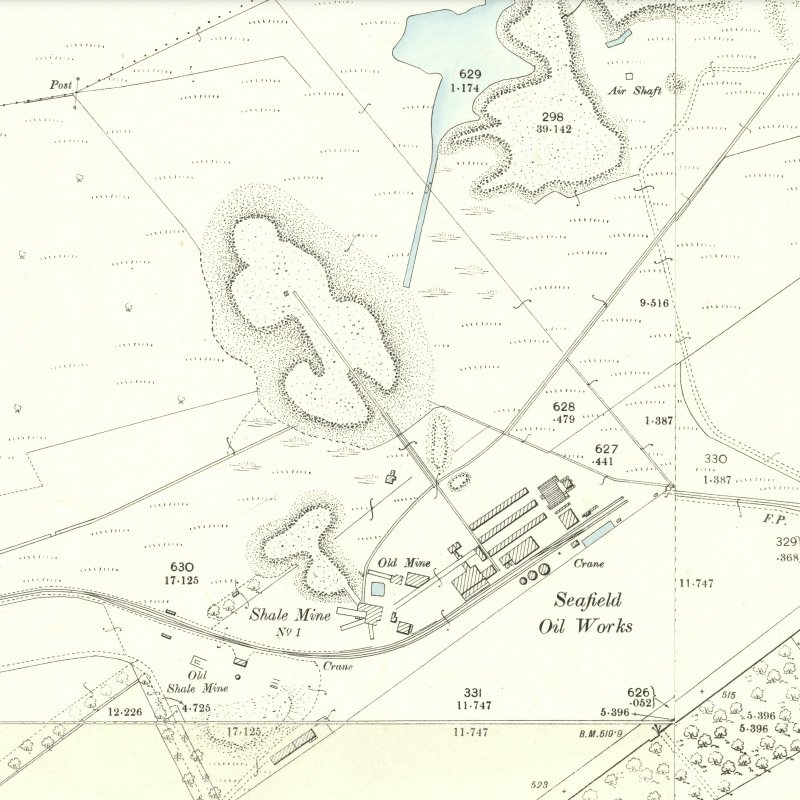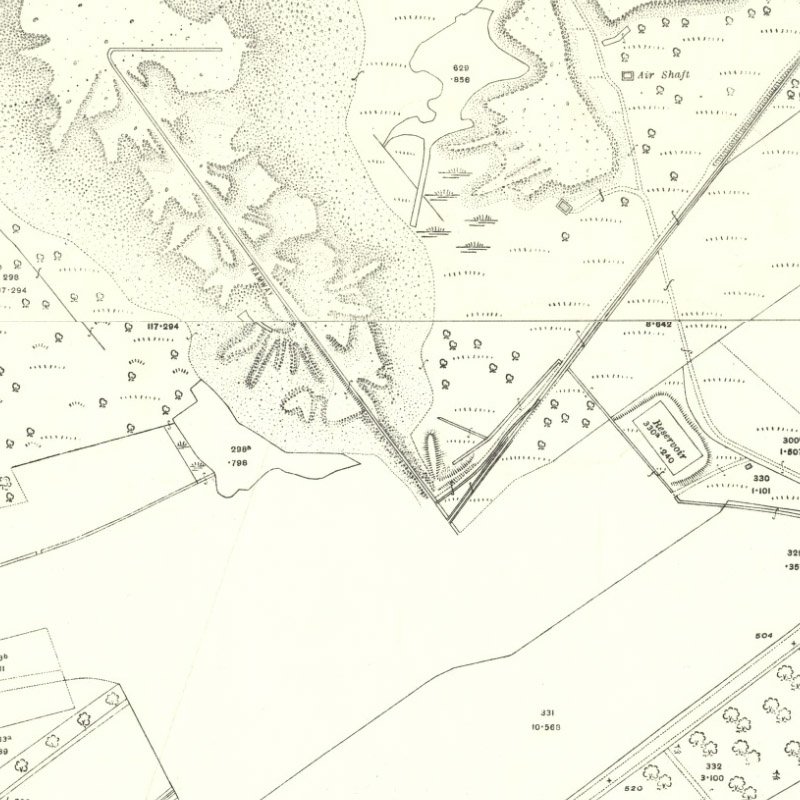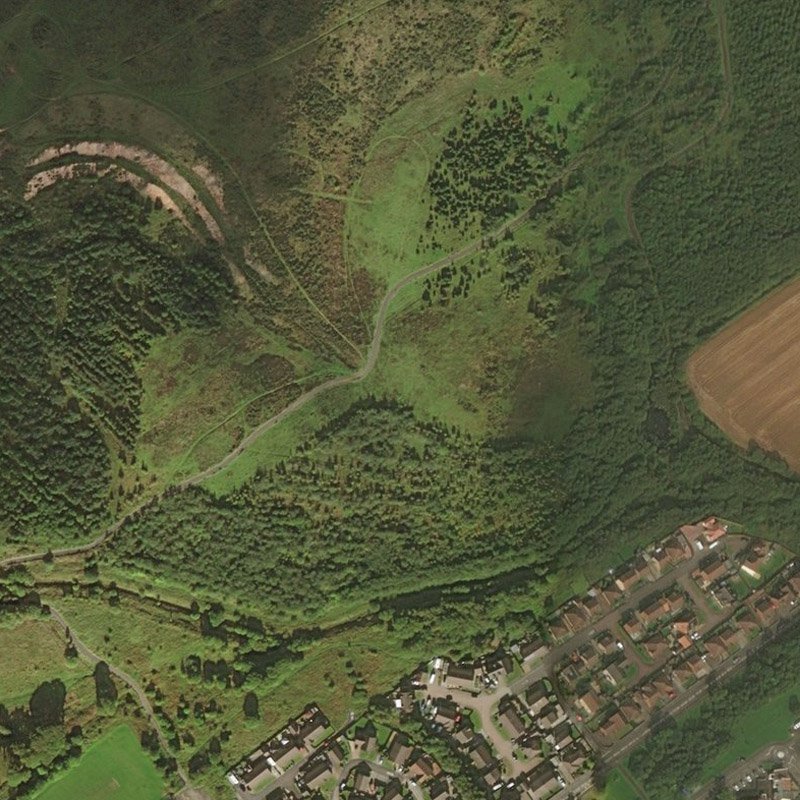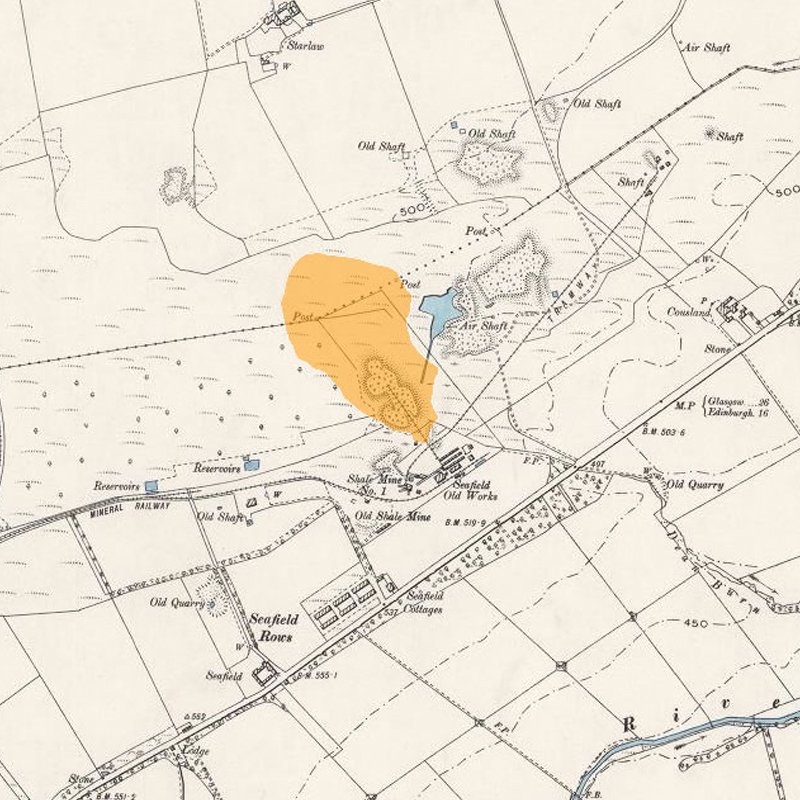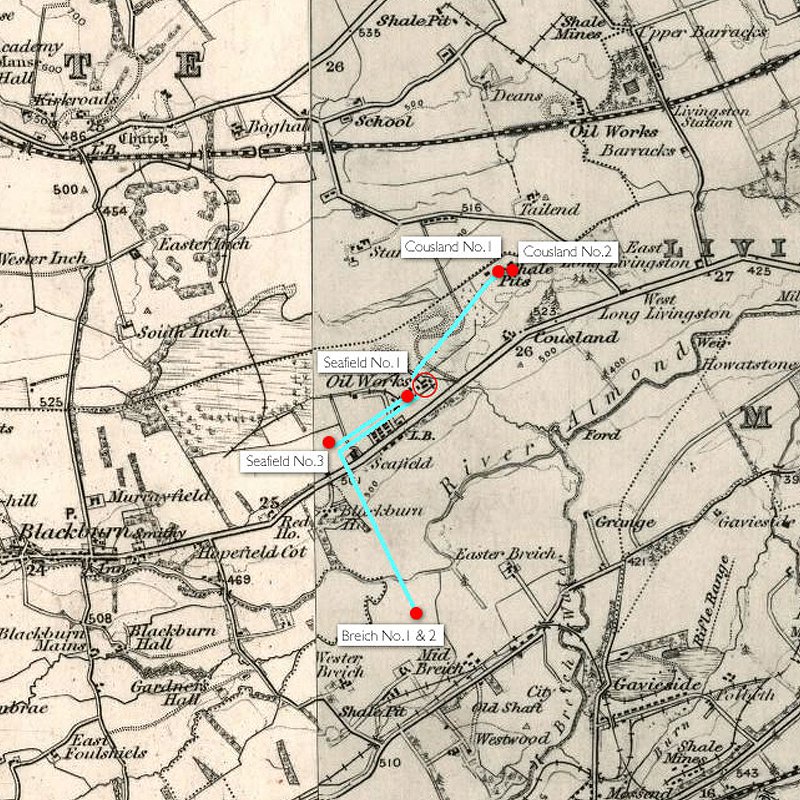- Aberdeen Oil Works
- Addiewell Oil Works
- Almondhill Oil Works
- Annick Lodge Oil Works
- Arden Oil Works
- Armadale Oil Works
- Auchenheath Oil Works
- Avonhead Oil Works
- Balgray Oil Works
- Ballat Oil Works
- Bathgate Oil Works
- Bathville Oil Works
- Bellsdyke Oil Works
- Bellsquarry Oil Works
- Benhar Oil Works
- Binnend Oil Works
- Birkenshaw Oil Works
- Bishop Street Oil Works
- Blackburn Oil Works
- Blackstone Oil Works
- Blackstoun Oil Works
- Blochairn Oil Works
- Boghall Oil Works
- Bredisholm Oil Works
- Breich Oil Works
- British Asphalte Oil Works
- Broxburn Oil Works
- Broxburn - Bell's Stewartfield Oil Works
- Broxburn - Albyn Oil Works
- Broxburn - East Mains Oil Works
- Broxburn - Greendykes Oil Works
- Broxburn - Hallfarm Oil Works
- Broxburn - Hutchinson's Oil Works
- Broxburn - Poynter's Oil Works
- Broxburn - Steele's Oil Works
- Broxburn - Steele's Stewartfield Oil Works
- Buckside Oil Works
- Burngrange Oil Works
- Calderbank Oil Works
- Canalbank Oil Works
- Champfleurie Oil Works
- Clippens Oil Works
- Cobbinshaw North Oil Works
- Cobbinshaw South Oil Works
- Coneypark Oil Works
- Craigie Oil Works
- Crown Point Oil Works
- Dalmeny Oil Works
- Deans Oil Works
- Doura Oil Works
- Drumbow Oil Works
- Drumcross Oil Works
- Drumgray Oil Works
- Dryflat Oil Works
- East Fulton Oil Works
- East Hermand Oil Works
- Eldin Oil Works
- Falkirk Oil Works
- Fergushill Oil Works
- Forthbank Oil Works
- Forth & Clyde Oil Works
- Gavieside Oil Works
- Grange Oil Works
- Grangepans Oil Works
- Greengairs Oil Works
- Hareshaw Oil Works
- Hartwood Oil Works
- Hawick Oil Works
- Hermand Oil Works (1866)
- Hermand Oil Works (1883)
- Holmes Oil Works
- Hopetoun Oil Works
- Hurlford Oil Works
- Inkerman Oil Works
- Inverkeithing Oil Works
- Kilrenny Oil Works
- Kilwinning Oil Works
- Kirkmuirhill Oil Works
- Kirkwood Oil Works
- Lanark Oil Works
- Lanemark Oil Works
- Levenseat Oil Works
- Limerigg Oil Works
- Linwood Oil Works
- Loanhead Oil Works
- Lochburn Road Oil Works
- Lochgelly Oil Works
- Longrigg Oil Works
- Magdalene Oil Works
- Methil Oil Works
- Millburn Oil Works
- Nettlehole Oil Works
- Niddry Castle Oil Works
- Nitshill Oil Works
- Oakbank Oil Works
- Palacecraig Oil Works
- Pathhead Oil Works
- Patterton Oil Works
- Pentland Oil Works
- Philpstoun Oil Works
- Port Dundas Oil Works
- Possil Oil Works
- Pumpherston Oil Works
- Raebog Oil Works
- Riggend Oil Works
- Rochsoles Oil Works
- Rochsolloch Oil Works
- Roman Camp - Almondfield Oil Works
- Roman Camp - Cawburn Oil Works
- Roman Camp Oil Works (1892)
- Roman Camp - Shale Oil Works
- Rosebank Oil Works
- Roughcraig Oil Works
- Rumford Street Oil Works
- Seafield Oil Works
- Shawsburn Oil Works
- Sheepford Locks Oil Works
- Shettleston Oil Works
- Shotts Oil Works
- Stand Oil Works
- Stanrigg Oil Works
- Stonehouse Oil Works
- Straiton Oil Works
- St. Rollox Works
- Swinehill Oil Works
- Tarbrax Oil Works
- Uphall Oil Works
- Uphall - Railway Oil Works
- Uphall - Wyllie's Oil Works
- Vulcan Chemical Works
- Wardend Oil Works
- Wattston Oil Works
- Westfield & Capeldrae Oil Works
- Westwood Oil Works (1941)
- Westwood Oil Works (1866)
- Whitebog Oil Works
- Whitehill Oil Works (Lanarkshire)
- Whitehill Oil Works (Midlothian)
- Whiterigg Oil Works
- Woodhall Oil Works
Seafield Oil Works
Initially the site of the Seafield Artificial Patent Fuel Works; an unsuccessful enterprise, backed by local landowner John Pender, to produce briquettes incorporating shale oil tars, peat and coal dust. The site was then developed as the crude oil works of the Bathgate Oil Company Ltd, but was idle for most of its existence; the company being liquidated c.1887. Following purchase and major redevelopment by the Pumpherston Oil Company Ltd, Seafield works supplied crude oil for refining at Pumpherston until its closure in 1931.
Under Pumpherston Oil Company Ltd ownership, shale was supplied from Seafield No. 1 mine (perhaps exploiting reserves previously worked by the Bathgate Oil Company Ltd); new mines to the east at Cousland No. 1 & No. 2, and Seafield No. 3; lying to the west of the works. A substantial haulage was constructed to link to Breich No. 1 & 2 pits. The Bathgate Oil Company Ltd constructed workers housing at Seafield Rows, which were considerably supplemented following take-over by the Pumpherston Oil Company Ltd.
| Date | Rateable Value | Owner | Occupier | Notes |
|---|---|---|---|---|
| 1874 | £300 | John Pender | Seafield Patient Fuel Company | |
| £250 | John Pender | Seafield Patient Fuel Company | Coal | |
| 1875 | £200 | Howden & Mollieston, Liquidators | Howden & Mollieston, Liquidators | Works idle |
| 1876 | £200 | Howden & Mollieston, Liquidators | Howden & Mollieston, Liquidators | Works idle |
| £180 | John Pender | Howden & Mollieston, Liquidators | Works idle | |
| 1877 | -- | John Pender | John Pender | Not Working |
| 1878 | -- | John Pender | John Pender | Not Working |
| 1879/83 | -- | John Pender | John Pender | Not Working |
| 1884 | -- | John Pender | John Pender | Not Working |
| 1884 | £250 | John Pender | Bathgate Oil Company Ltd | Minerals at Seafield and Blackburn |
| 1885 | -- | John Pender | Bathgate Oil Company Ltd | Seafield oil works idle |
| £250 | John Pender | Bathgate Oil Company Ltd | Minerals at Seafield and Blackburn | |
| -- | John Pender | Bathgate Oil Company Ltd | Works idle | |
| 1886 | £500 | John Pender | Bathgate Oil Company Ltd | Minerals at Seafield and Blackburn |
| 1887-89 | -- | Bathgate Oil Company Ltd in Liquidation | Bathgate Oil Company Ltd in Liquidation | Works |
| -- | John Pender | Bathgate Oil Company Ltd | Minerals | |
| 1890 | £100 | Pumpherston Oil Company Ltd | Pumpherston Oil Company Ltd | Works |
| £225 | John Pender | Pumpherston Oil Company Ltd | Minerals | |
| 1891 | £100 | Pumpherston Oil Company Ltd | Pumpherston Oil Company Ltd | Works |
| John Pender | Pumpherston Oil Company Ltd | Minerals | ||
| 1892 | £1475 | Pumpherston Oil Company Ltd | Pumpherston Oil Company Ltd | Works |
| £980 | John Pender | Pumpherston Oil Company Ltd | Minerals | |
| 1893 | £1475 | Pumpherston Oil Company Ltd | Pumpherston Oil Company Ltd | Works |
| £1119.4/- | John Pender | Pumpherston Oil Company Ltd | Minerals | |
| 1894 | £1475 | Pumpherston Oil Company Ltd | Pumpherston Oil Company Ltd | Works |
| £1131.12.9 | John Pender | Pumpherston Oil Company Ltd | Minerals | |
| 1895 | £330 | Pumpherston Oil Company Ltd | Pumpherston Oil Company Ltd | Works |
| £1217.19.9 | John Pender | Pumpherston Oil Company Ltd | Minerals | |
| 1896 | £1800 | Pumpherston Oil Company Ltd | Pumpherston Oil Company Ltd | Works |
| £1186.9.5 | Trustees of Late Sir John Pender | Trustees of Late Sir John Pender | Minerals | |
| 1897 | £1650 | Trustees of Late Sir John Pender | Trustees of Late Sir John Pender | Works |
| £614.18.1 | Trustees of Late Sir John Pender | Trustees of Late Sir John Pender | Minerals | |
| 1898 | £1650 | Trustees of Late Sir John Pender | Trustees of Late Sir John Pender | Works |
| £636.10.6 | Trustees of Late Sir John Pender | Trustees of Late Sir John Pender | Minerals | |
| 1899 | £1650 | Trustees of Late Sir John Pender | Trustees of Late Sir John Pender | Works |
| £275 | Trustees of Late Sir John Pender | Trustees of Late Sir John Pender | Minerals | |
| 1900 | £1650 | Trustees of Late Sir John Pender | Trustees of Late Sir John Pender | Works |
| £250 | Trustees of Late Sir John Pender | Trustees of Late Sir John Pender | Minerals | |
| 1901 | £5200 | Trustees of Late Sir John Pender | Trustees of Late Sir John Pender | Works |
| £250 | Trustees of Late Sir John Pender | Trustees of Late Sir John Pender | Minerals | |
| 1902 | £2074 | Trustees of Late Sir John Pender | Trustees of Late Sir John Pender | Works |
| £125 | Trustees of Late Sir John Pender | Trustees of Late Sir John Pender | Minerals | |
| 1903 | £2074 | Trustees of Late Sir John Pender | Trustees of Late Sir John Pender | Works |
| 1904 | £2500 | Pumpherston Oil Company Ltd | Pumpherston Oil Company Ltd | Works |
| £150 | Pumpherston Oil Company Ltd | Pumpherston Oil Company Ltd | Minerals | |
| 1905 | £2500 | Pumpherston Oil Company Ltd | Pumpherston Oil Company Ltd | Works |
| -- | No entry | No entry | Minerals | |
| 1906 | £2500 | No entry | No entry | |
| 1915-25 | £1800 | No entry | No entry | |
| 1926-27 | £1800 | No entry | No entry | |
| 1928 | £1530 | No entry | No entry | |
| 1929 | £1800 | No entry | No entry | |
| 1930 | £1800 | No entry | No entry | |
| 1931 | £1800 | No entry | No entry | |
| 1932-34 | Works silent | |||
| 1935 | Works demolished | |||
| NO FURTHER ENTRIES |
Archive images
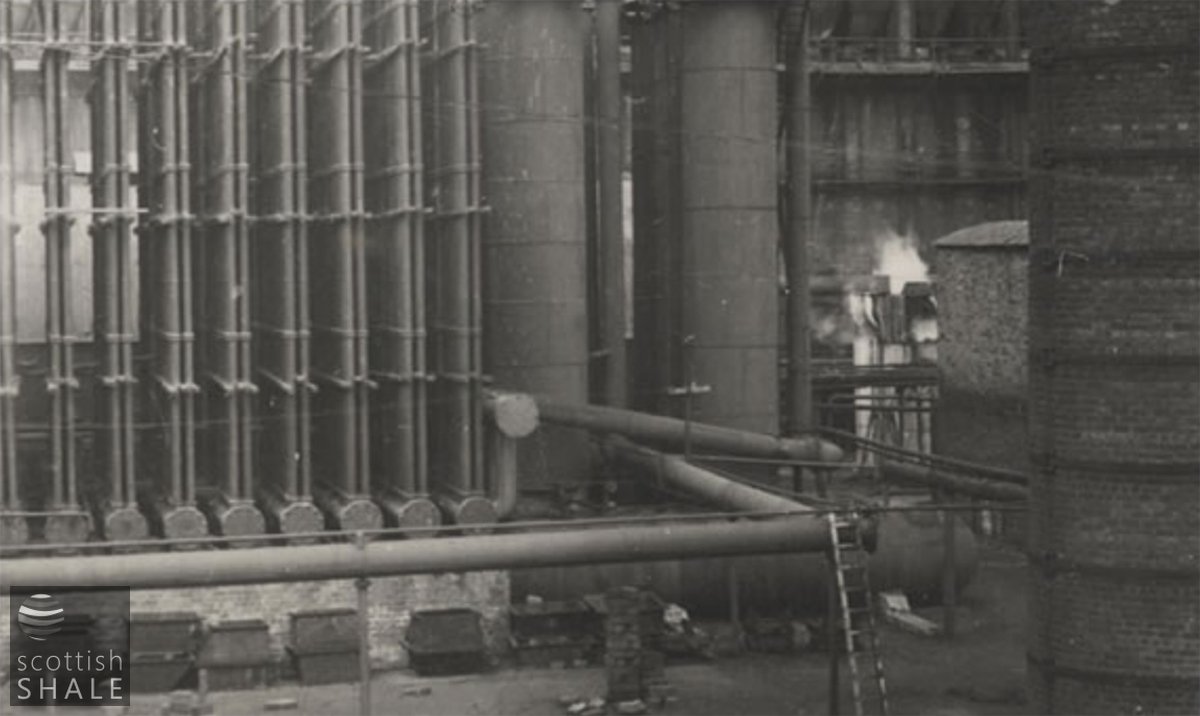
Seafield Crude Oil Works: retorting plant. From a Scottish Oils album c.1924
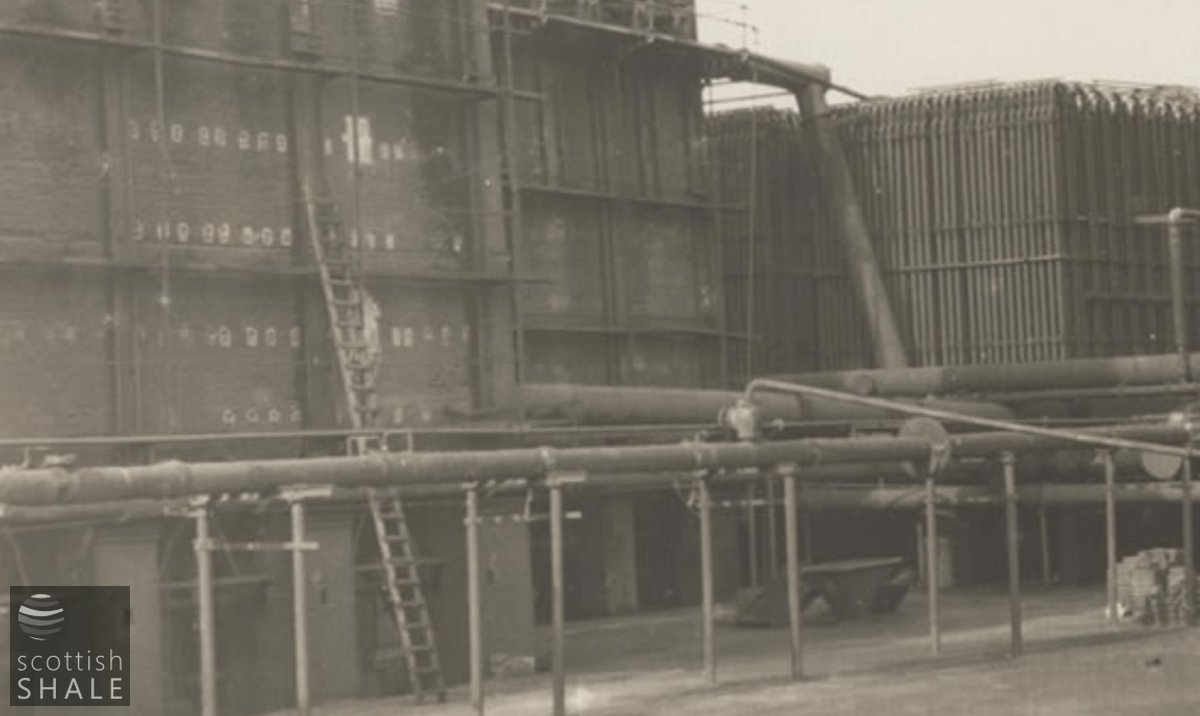
Seafield Crude Oil Works: condensers and scrubbers. From a Scottish Oils Ltd album c.1924
Recent images
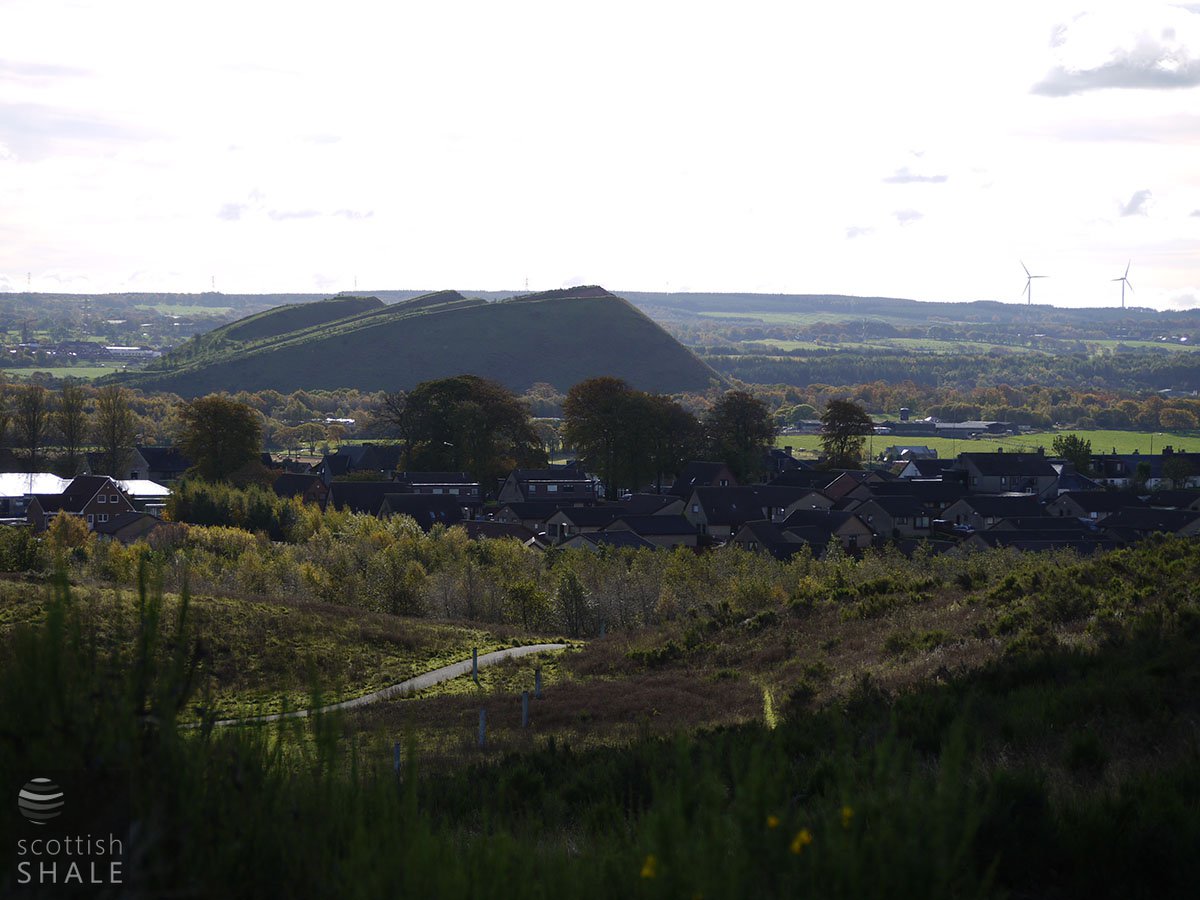
View from "Seafield Law", with site of oilwork in centre, the new houses of Seafield beyond, and the bulk of the five sisters bing beyond. Looking south. October 2010.
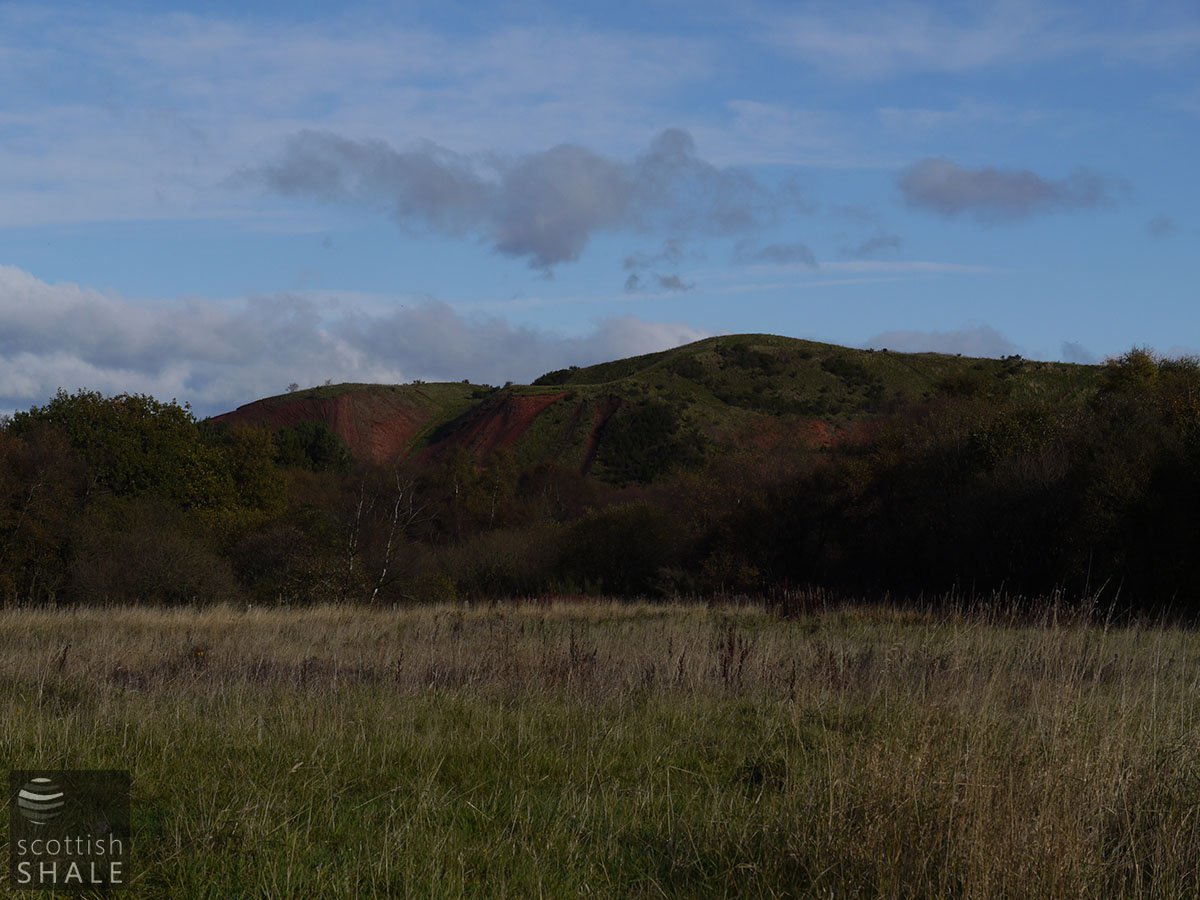
View form oil works site towards "Seafield Law", the sculpted remains of Seafield bing. Looking north east. October 2010.
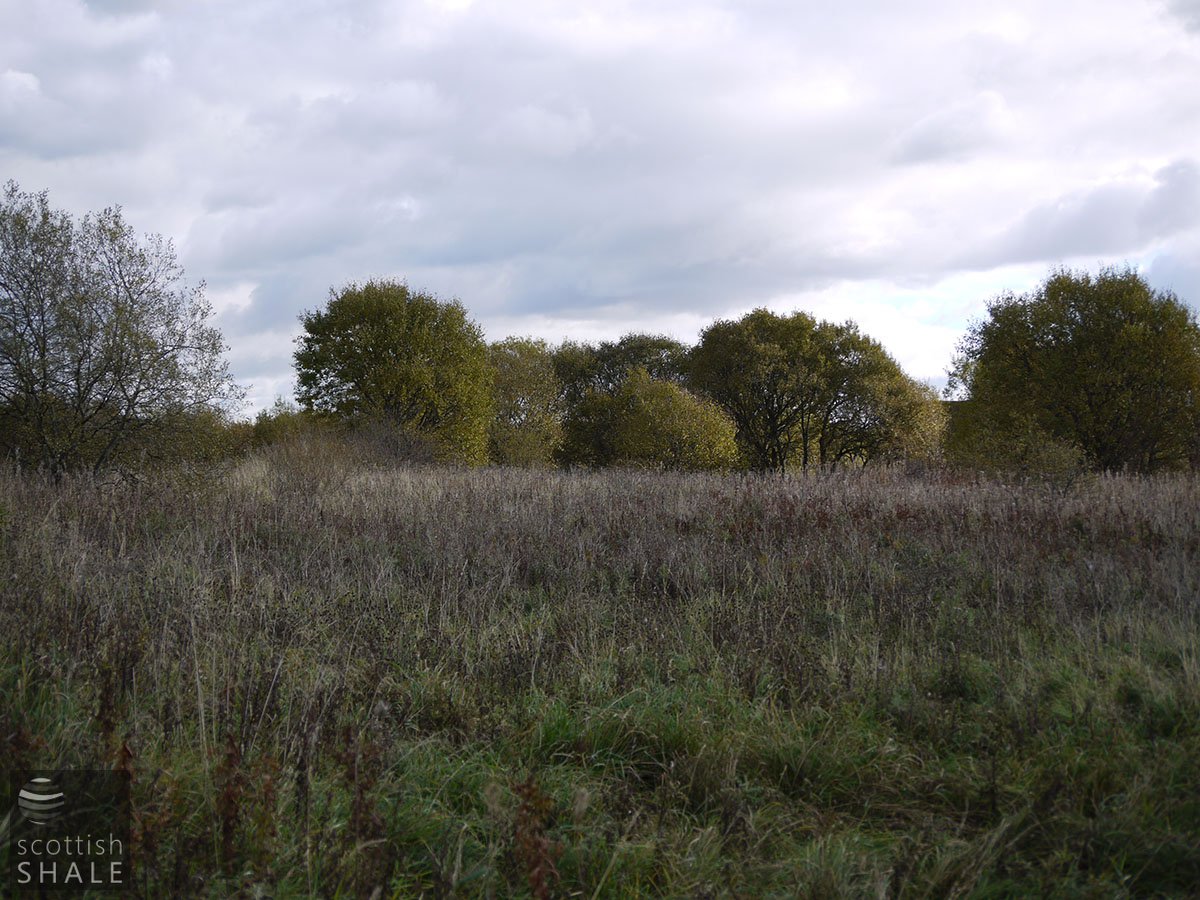
Site of Seafield Crude Oil Works. Looking east. January 2012.
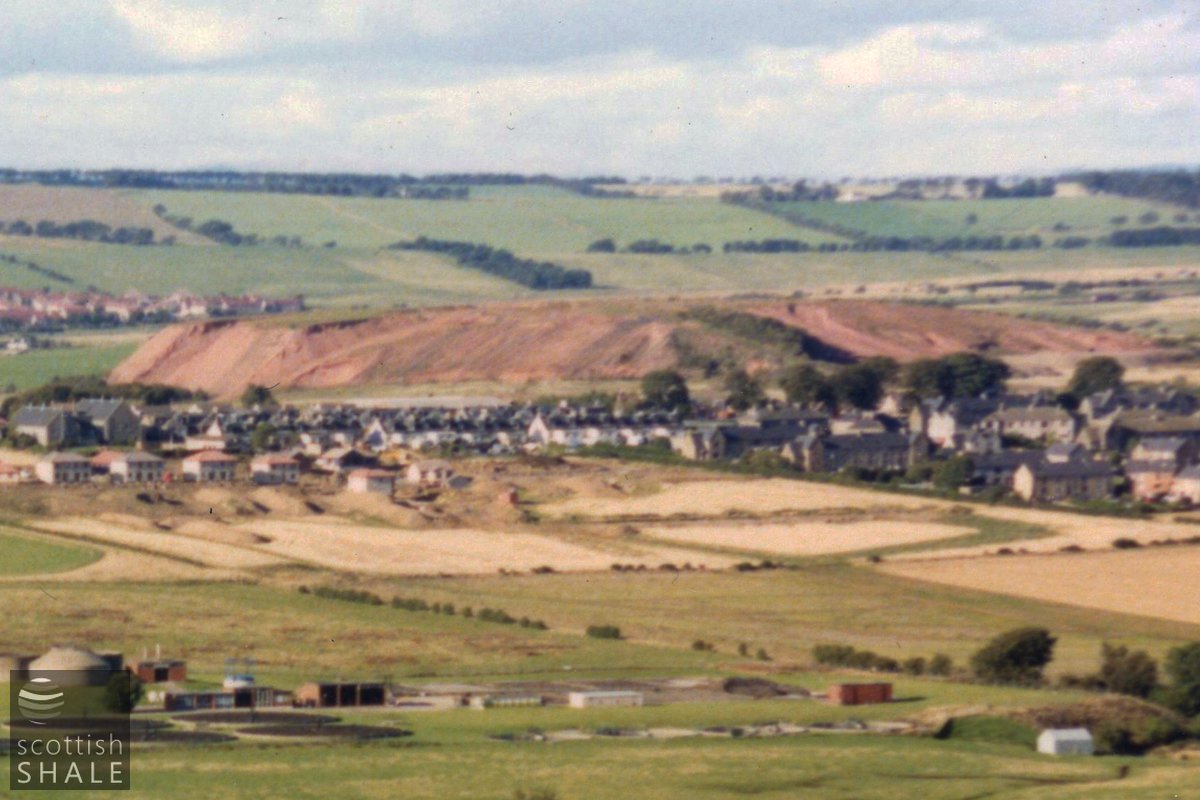
Seafield bing, c.1992 and prior to landscaping, viewed from the five sisters bing
THE PUMPHERSTON OIL COMPANY LIMITED.
The DIRECTORS invite OFFERS for work to be done at their SEAFIELD WORKS, near BATHGATE, as follows: (1) To take down and remove certain of the existing Buildings, Machinery &c. (2) To erect 48 Workmen's Houses. Plans specifications, and all particulars may be had by applying to the Manager. Pumpherston Works, Mid-Calder. The Directors do not bind themselves to accept the lowest or any Offer. Scaled Offers to be sent to the undersigned on or before Wednesday 21st inst. ARCHIBALD FRASER, Secretary and General Manager. 24 ST VINCENT PLACE, Glasgow, 6th January 1891.
Scotsman, 9th January 1891
.......
SEAFIELD PATENT FUEL WORKS.
On the invitation of the Duke of Sutherland, Lord John Hay, Mr J. Pender, M.P., Dr Alexander Wood, and others, a number of gentlemen assembled at Seafield, near Bathgate, on Friday, for the purpose of witnessing the opening of works there for the manufacture of patent fuel. The fuel consists of certain proportions of coal dross mixed with a percentage of shale tar, and the advantages claimed for it are, that while each of the substances are individually of small account, the two combined yield a product of great commercial value. A few months ago the process of manufacture of the patent fuel was described in our columns, but it may be well now to recapitulate its leading features. Small coal, as it is procured from the pits, is conveyed to the fuel works, ground between powerful rollers to powder, and conveyed to a hollow drum, where it is mixed with the tar of shale, freed by distillation from its lighter ols. This mixture of coal dust, with seven per cent. of the purified shale tar, is carried to what are known as pressing machines, where bricks of the patent fuel are turned out at the rate of eight tons per hour. The process is very simple, and unites smoothness with great power of production. On Friday, the patent fuel was tested in various ways - such as in the boilers of the engines and in exposed fire places, and it was acknowledged on all hands that it excelled for steam-producing purposes the best coal. Almost every particle of the fuel it was said, produced the white flame which is most desiderated in raising steam from water, and experiments proved that the specific gravity of the fuel was greater than that of the best coal raised in Scotland. Peat fuel made with a mixture of peat and shale tar was also experimented with, and the results were pronounced satisfactory. The peat had been previously pulped and mixed with 7 per cent. of shale tar, so as to produce marketable fuel bricks. Not the least important part of the patent which is to be worked at Seafield is the combination of iron ore dust and shale tar. It is a well known fact that iron ore when calcined at the pit mouth under the ordinary process leaves a large proportion of dust which oftentimes is the most valuable part of the ore, but which under present arrangements is valueless. If that dust were thrown into blast furnaces it would simply prove waste material, from the fact that it would be carried away by the force of the hot blast. The patent under which the fuel which has been described is manufactured also applies to the preparation of the dust iron ore for the smelting furnace. It is intended to collect the dust ore, and by mean of a flux composed of shale tar and lime, form it into blocks, which may be thrown into a blast furnace. If this idea can be carried out, hundreds of thousands of tons of iron now lying waste at the pit mouth will be utilised.
Falkirk Herald, Thursday 12th March 1874
.......
DISMANTLING OIL WORKS - Seafield and Philpstoun
The directors of Scottish Oils (Ltd) have decided to dismantle other [sic.] two of the oil works in West Lothian, which have been stopped since last summer. Seafield Works had a retorting plant and were used for the manufacture of crude oil, which then passed on to Pumpherston to be refined. The Seafield Works gave employment to several hundred men, and the village was entirely dependent on the oil trade. With the demolition of the works the last hope has expired of the men over getting employment again locally. The Oil Company gave the workmen a very fine institute and a bowling green, and these are being found useful by the men during their enforced idleness. At Philpstoun also orders have been given that the oil works and plant at the shale mines are to be dismantled. Philpstoun village also depended on the oil industry, and workmen have had to live on unemployment benefit since the works closed.
Scotsman, 12th May 1932
- 183537 - Lease Book, 1900-1924 - Pumpherston Oil Co. Ltd, part 11 - Part 11 of 59, (pages 134-143), feu charter, ground at Seafield, 1904


